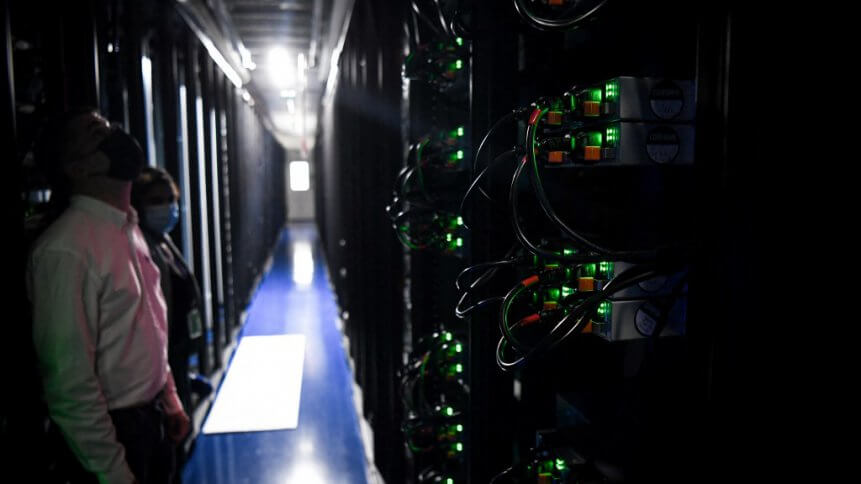Three key strategies defining sustainable data management

Recent world events have shown many businesses how vital digital transformation will be to modern enterprises, especially in the face of changing strategies like remote working and decentralized offices. This also means the business is crunching unparalleled levels of data on essentially a daily basis.
With so much data coming through, businesses have got to figure out how they are going to manage the volume while also reconciling the fact that most of the information will never be seen of again, with estimates showing that 90% of data is never accessed again within 90 days after it is stored.
Storage systems are already overfilled, so all this extraneous data becomes another burden that requires ongoing management. With so many tasks being carried out in virtual environments these days, companies need to digitize their data management processes in a hurry, to keep up with the rapid pace that business information shifts and changes.
Data used to be highly structured information collected from a limited number of sources. But today, data comes in a variety of forms and from a variety of sources, so the way it will be stored and handled becomes more important. For instance, the growing number of IoT devices in the workplace will soon be boosted by the availability of super-fast, low-latency edge storage enabled by 5G connectivity.
Enterprise business models will need to adapt as 5G drives the development of more advanced, data-hungry applications – especially as it relates to the services delivered to end users and customers, who will unknowingly demand more robust and efficient data processing and management solutions to have information delivered them as quickly as possible.
The data management decisions that firms make will influence the entire enterprise, from revenue streams to scalability to the organization’s overall health. TechHQ looks at three data management trends that might come to define the sustainable enterprise.
Automation and prediction in data management
Artificial intelligence (AI) and machine learning are increasingly being relied upon to automate the data management systems of larger companies. Reasons for this include the wide range of efficiencies that AI and automation can enable for an organization, including utilizing machine learning to comb through existing data to learn and monitor capacity levels, and using that same data for predictive analytics, to get ahead of future issues that might be avoided.
Eventually, it will make sense to remove the human involvement altogether in this aspect of data infrastructure management, as AI would be much more efficient at ordering and keeping track of vast troves of data throughout the data pipeline, from pre-processing where the value lies in feeding data to the neural networks for model training.
Subscription-based data
Storage-as-a-service (SaaS) used to be promoted to small and medium businesses (SMBs) as a cost-effective means to manage their own storage infrastructure. The pay-as-you-consume type model made sense to help SMBs control costs and plan how much usage they truly needed, but its overhead benefits are now being appreciated by the larger corporations as well.
This is because organizations are increasingly opting to distribute their data into more funnels including the cloud, preferring to save on hardware investment and maintenance costs. The subscription-based SaaS model instead allows for complete visibility on costs while allowing the company to opt out or add additional services to complement their data management systems – an important aspect to consider for why SaaS might become the normal way for businesses to store their data.
Sustainable enterprises need sustainable data
Another key to the longevity of a business will be to ensure that wasteful storage practices are cut out of the data management and storage cycle. It is projected that physical data centers will consume around 13% of the world’s electricity supply by 2030, and in the meantime, in excess of 40 million tons of electronic waste is being generated each year that already comprises 70% of overall toxic waste.
YOU MIGHT LIKE

Can we take data management tips from England football?
Hence, the focus on building a sustainable business operation will also require, well, a sustainable approach to reducing carbon footprint when it comes to acquiring data, storing it, and ultimately disposing of it. This approach needs to be encouraged across the entire business where data is involved, to slash e-waste at all stages.
Cloud computing and storage is already helping organizations globally lower their reliance on inefficient on-premises server rooms, but in combination with other capabilities such as AI-driven predictive analytics, proper measure to combat the environmental impact still need to be studied and implemented long-term.
Thankfully, data storage processes continue to become more efficient every year, and an awareness on repurposing and recycling data going forward will be critical to creating more sustainable data management practices, and a more harmonious enterprise overall.








